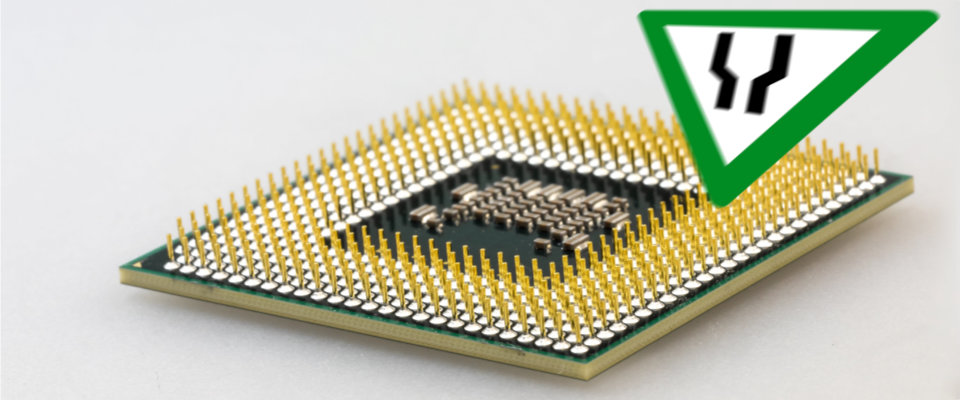Often when we consider a type system we think about a complex formalism to denote the semantics of a language. Languages typically add features by increasing the complexity of the type system.
But there is also another perspective on the type system: how does the generated code look like? what is the ABI for the code that uses different features of the type system? We’ll try to explore this perspective in this blog post.



